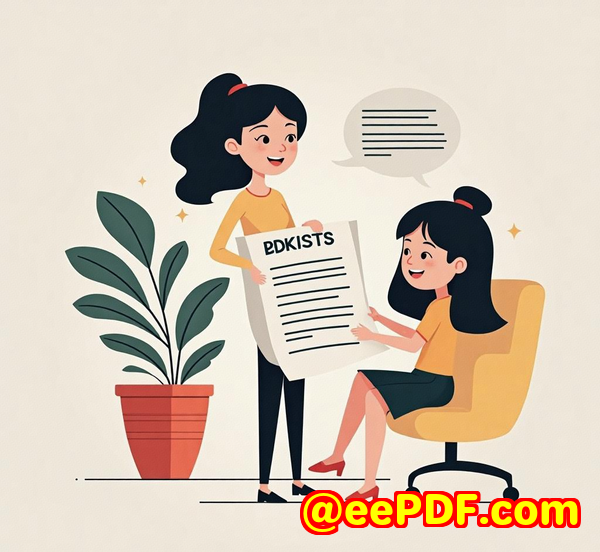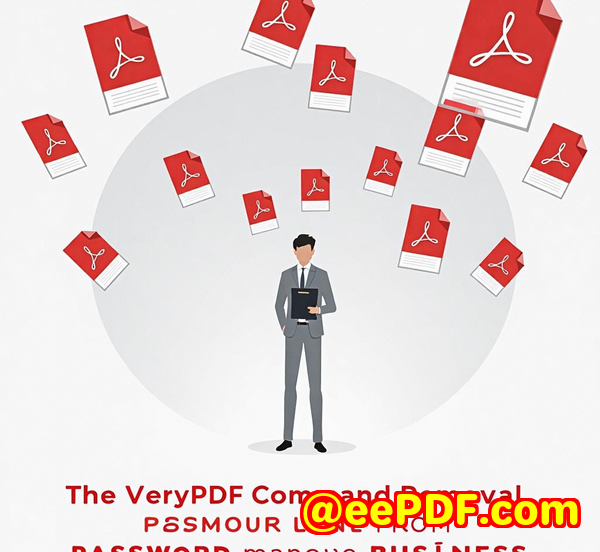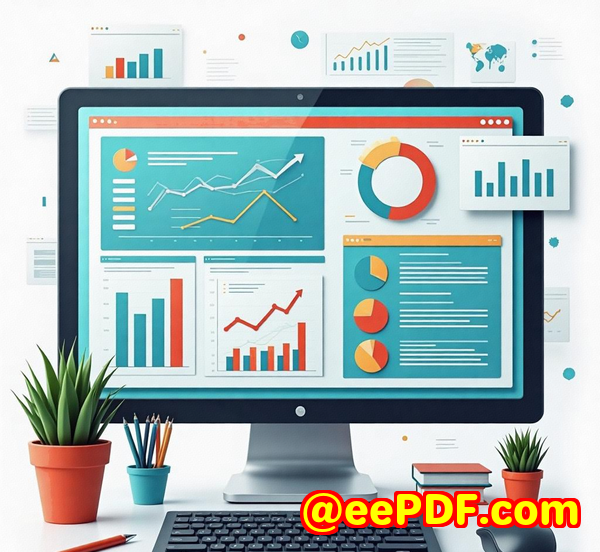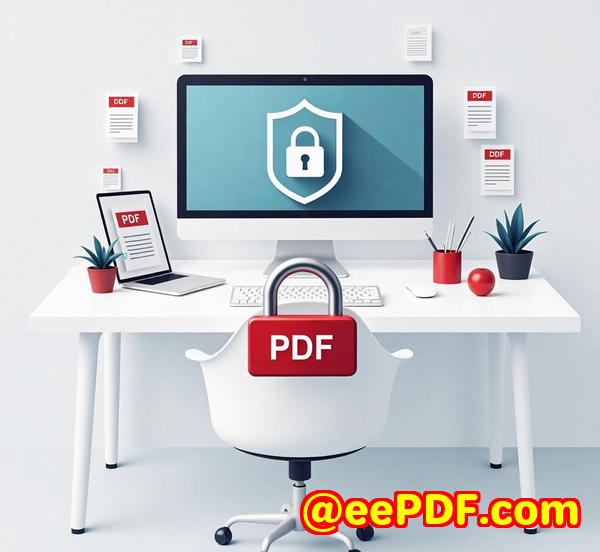Convert PDF to Vector with Ease A Developers Guide to Using VeryDOCs PDF2Vector SDK
Convert PDF to Vector with Ease: A Developer's Guide to Using VeryDOC's PDF2Vector SDK
Meta Description:
Learn how to effortlessly convert PDF files to vector formats with VeryDOC's PDF2Vector SDK. Perfect for developers needing scalable graphics conversion.
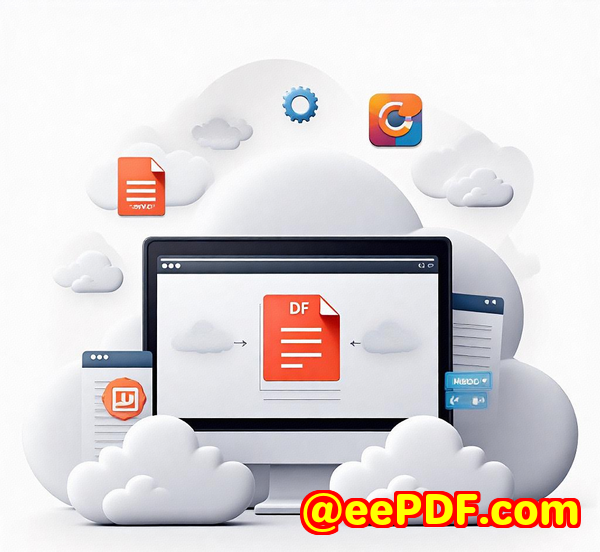
Opening Paragraph
Ever find yourself needing to convert a bulky PDF into a scalable vector graphic for your web or print projects? You're not alone. As a developer, I've faced this challenge multiple times, especially when working with PDFs that contain diagrams, charts, or intricate designs. Whether it's for a client project, a product prototype, or just to streamline some files, finding a reliable way to convert PDFs to vector graphics is crucial.
When I first started working on projects that required vector files, I dreaded the thought of manually converting each document. The tools I used either didn't support all the file formats I needed or ended up distorting the final output. That's when I came across VeryDOC's PDF2Vector SDK a game-changer for anyone working with PDFs and vector graphics. Here's how it solved my problems and can do the same for you.
Body (Product Solution + Personal Experience)
What Is VeryDOC PDF2Vector SDK?
VeryDOC's PDF2Vector SDK is a command-line software tool that allows developers to convert PDF files into various vector formats with ease. If you've ever needed to transform a PDF into a scalable graphic like EMF, WMF, SVG, PostScript (PS), or EPS, this SDK has got you covered. What I love about it is that it supports batch processing, meaning I can convert multiple files simultaneously something that saved me hours of work during large-scale projects.
This SDK is versatile enough to work on Windows, macOS, and Linux, and is incredibly easy to integrate into existing applications via COM objects or DLL libraries. Whether you're a C#, .NET, PHP, or Visual Basic developer, the SDK allows seamless integration into your workflow.
Key Features That Make It Stand Out
-
No Need for Adobe Acrobat or Reader: Unlike other conversion tools, this SDK doesn't require Adobe Acrobat or Reader to work, which simplifies the process and saves on licensing costs.
-
Multi-Format Support: It supports a wide variety of formats, such as WMF, EMF, SVG, PostScript, and EPS. You can also convert to XPS, SWF, and PCL. This range of formats makes it ideal for different applications, from web development to high-quality print production.
-
Batch Processing: This feature was a lifesaver for me. Instead of converting PDFs one by one, I could automate the process and convert dozens of files at once. For example, in my last project, I had to convert hundreds of technical diagrams into vector files for a client. The batch mode helped me finish the job overnight, which I otherwise would've spent days on.
-
High-Quality Conversions: Whether you're converting a complex vector-based PDF or a simple text-based file, the output is crisp and clear. The best part? You can scale the converted vectors without losing resolution, making them perfect for printing large banners or posters.
-
Customizable Conversion Options: From page ranges to SWF compression, the command-line options offer a high degree of customization. One feature I particularly love is the ability to tweak JPEG quality when converting PDFs to SWF files. This allowed me to maintain a perfect balance between file size and image clarity.
Real-World Example: How I Used It in My Workflow
Let me walk you through an example where this tool made a huge difference.
I was working on a client project where they needed multiple PDFs with detailed graphs to be converted into scalable vector graphics for use in presentations and technical reports. The challenge? Some of the PDFs had images embedded within them, while others were mostly text.
Using VeryDOC PDF2Vector SDK, I was able to:
-
Convert image-heavy PDFs into EPS files without losing any details.
-
Turn graph-based PDFs into SVG files for use in web design without any distortion or pixelation.
-
Use the batch mode to process over 100 files in just a few hours.
This tool's ability to extract vector-based information from PDFs while preserving the visual integrity of the graphics was something I couldn't find with other tools.
Why It's Better Than Other Tools
Here's where VeryDOC's PDF2Vector SDK really shines.
-
No Hidden Costs: Unlike other tools that require monthly or yearly subscriptions, VeryDOC's SDK is a one-time purchase with a royalty-free developer license. This means you can distribute the software within your projects without worrying about extra fees or restrictions.
-
Seamless Integration: While other conversion tools require you to manually open PDFs and select conversion options, VeryDOC integrates seamlessly into your applications. I've been able to automate the entire process with a simple command-line interface. Just one line of code, and the files are converted in seconds.
-
Customization: Other tools I tried often felt like a "one-size-fits-all" solution. VeryDOC, on the other hand, allows me to fine-tune almost every aspect of the conversion process, whether it's scaling the file or tweaking the output quality.
Conclusion (Summary + Recommendation)
If you're a developer who works with vector graphics or needs to convert PDFs into scalable vector formats, I highly recommend VeryDOC PDF2Vector SDK. It has saved me countless hours on complex projects, and the ability to batch process multiple PDFs at once is a game-changer.
Whether you're working with CAD drawings, business diagrams, GIS cartography, or scientific plots, this tool handles them all with ease. The best part? You don't need Adobe Acrobat to get started.
I'd strongly suggest giving it a try. Click here to start your free trial and see how it can make your life easier.
Custom Development Services by VeryDOC
If you need something more tailored, VeryDOC offers comprehensive custom development services to meet your unique technical needs. From Linux, macOS, and Windows solutions to specialized PDF processing utilities, we can create a tool specifically designed to fit your requirements.
Whether you're working on OCR technologies, document conversion tools, or customized workflows, VeryDOC's developers are ready to bring your ideas to life. Contact us today at support.verypdf.com to discuss your project needs.
FAQ
1. What file formats can VeryDOC PDF2Vector SDK convert PDFs into?
VeryDOC supports a wide range of vector formats, including WMF, EMF, SVG, PostScript (PS), EPS, XPS, SWF, PCL, and more.
2. Do I need Adobe Acrobat or Reader to use the tool?
No, you don't need Adobe Acrobat or Reader. VeryDOC's PDF2Vector SDK works independently.
3. Can I automate the conversion of multiple PDFs at once?
Yes, the SDK supports batch processing, allowing you to convert large volumes of PDFs in real-time.
4. What programming languages can I use with the SDK?
You can integrate the SDK with languages like C#, .NET, PHP, Visual Basic, JavaScript, C/C++, and more.
5. How do I get started with VeryDOC PDF2Vector SDK?
Simply download the SDK from VeryDOC's official website and follow the easy integration instructions provided.
Tags or Keywords
-
PDF to Vector Conversion
-
PDF to EMF Conversion
-
SVG File Conversion
-
Vector Graphics SDK
-
Batch PDF Conversion
